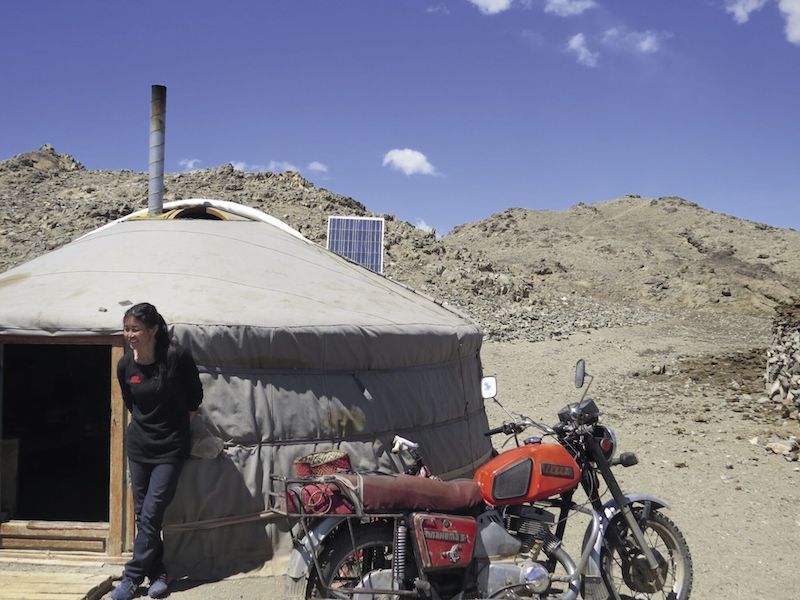Analysis of the positive social, economic and educational benefits of off-grid solar has been presented by London-based research group Overseas Development Institute at the COP23 climate change summit in Bonn, Germany.
Chiefly, the researchers found that children living in the developing world could gain an extra 15 minutes’ study time a day if their household switched out polluting fossil fuels for solar lamps and off-grid solar arrays.
The study also found that homes in countries such as Kenya, Ethiopia and Bangladesh could save $10 per month by ditching kerosene-powered lamps for solar-powered lighting.
The report, published yesterday as part of the UN’s drive to deliver sustainable and affordable energy access to everyone on the planet by 2030, concludes that up to 1 billion people across the globe are being failed by governments that have not properly implemented clean energy policies and funding for renewable energy such as solar.
Suggested steps for widening access to clean and cheap energy outlined in the report include expanding national grids in developing countries to ensure rural areas are not overlooked or unconnected, while access to off-grid solutions should also be expedited, the report’s author Andrew Scott said.
Solar’s cost-saving ability will have an exponential benefit for the world’s poorest, he argued. “Add up that $10 per month saving over the year and you’re getting to quite a significant freeing up of income that could be used for other purposes,” said Scott.
Aside from the cost and educational benefits, reducing kerosene consumption in the developing world would massively lower CO2 emissions. In Ethiopia alone, the report said, switching from kerosene to solar would reduce carbon emissions by 330 million tonnes a year – the equivalent of taking 60 million cars off the road.
Backing the report is Sustainable Energy for All (SEforALL) and Power for All – two clean energy groups that advocate the adoption of renewables globally, but specifically in non-OECD countries. SEforALL CEO Rachel Kyte remarked that the report is an attempt to develop a framework that starkly outlines the financial, educational and environmental benefits of clean energy – and works to shine a light on how government inaction has serious and very identifiable consequences for the world’s poorest people.
“When you walk into that minister’s office, you’ve got to be able to say this is the opportunity cost to your people of not helping them get access to affordable, reliable, clean energy now,” Kyte told the media in Bonn.
The CEO of Power for All, Kristina Skierka, added that a great number of energy-poor countries have designs to be middle-income economies over the next few years, and such ambition presents a great deal of opportunity for clean energy adoption and decentralized renewable installations. She added, however, that leadership in many of these countries remains blissfully unaware of the benefits of following a greener path. “It’s a lack of knowledge,” Skierka said. “These governments care about people having better lives. We want to close the information gap.”
This content is protected by copyright and may not be reused. If you want to cooperate with us and would like to reuse some of our content, please contact: editors@pv-magazine.com.



1 comment
By submitting this form you agree to pv magazine using your data for the purposes of publishing your comment.
Your personal data will only be disclosed or otherwise transmitted to third parties for the purposes of spam filtering or if this is necessary for technical maintenance of the website. Any other transfer to third parties will not take place unless this is justified on the basis of applicable data protection regulations or if pv magazine is legally obliged to do so.
You may revoke this consent at any time with effect for the future, in which case your personal data will be deleted immediately. Otherwise, your data will be deleted if pv magazine has processed your request or the purpose of data storage is fulfilled.
Further information on data privacy can be found in our Data Protection Policy.